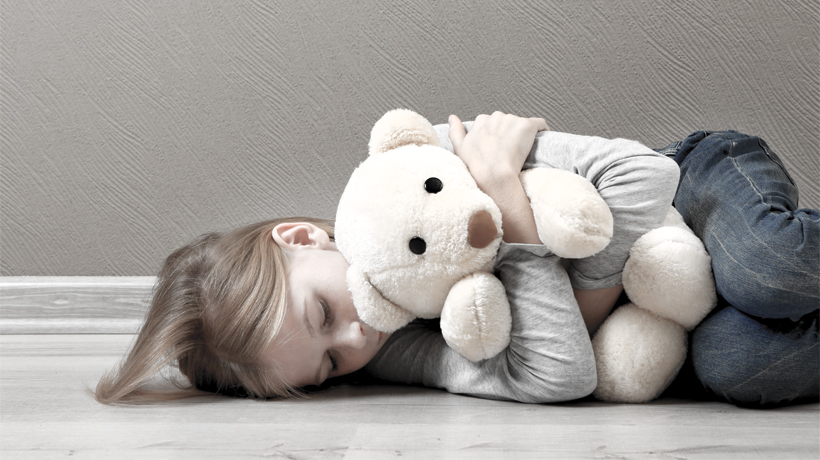Depression is a disorder that doesn’t discriminate against whom it afflicts. In fact, you might be surprised at the people around you who experience depression. Recent studies reveal that even your child can struggle with clinical depression, and it is often mistaken for moodiness or burgeoning teen angst. As with every individual who battles this disorder, it’s important that they get treatment or they might progress down an irreversible, dark road. Here are five signs that your child is seriously depressed and that it’s not a phase.
They show decreased interest in activities
A classic sign of depression, according to the American Academy of Child & Adolescent Psychiatry, is a decreased interest in activities or inability to enjoy activities they used to love. Persistent boredom, low energy, and disinterest are characteristic of depression in children. They might no longer want to play outside, play with friends, or partake in school activities. It’s important to determine the root cause of this sudden change of behavior, and a psychologist can evaluate them for an official diagnosis.
They have had anxiety
According to WebMD, kids who have anxiety as children are more likely to have teen depression. About half of depressed teens had a childhood anxiety disorder. And 85% of teens who have both anxiety disorders and depression had their anxiety disorder first.
Appetite changes
Another sign of depression is a change in appetite, especially a sudden disinterest in eating. According to Help Guide, significant weight loss or weight gain is a major sign — a change of more than 5% of body weight in a month. A change in eating patterns as well as sleeping patterns are indicators because depression does not just affect cognition, it also affects the physical body in this way and many others.
Complaints of physical illness
Frequent complaints of physical illness like stomachaches, muscle pains, and headaches are signs of depression. According to Jeffrey Dolgan, PhD, chief of psychology at The Children’s Hospital, “‘A lot of these kids have physical illnesses for no real cause, especially stomachaches and headaches.’”
Low self-esteem and guilt
Another important sign to recognize depression in children is low self-esteem and guilt. According to Dolgan, “The kids feel they’re not good or not worth very much,” Dolgan says. “I often ask, ‘Are you important to somebody?’ Depressed kids say no.” Other emotional changes include increased irritability, anger, or hostility often stemming from feeling inadequate and harsh self-criticism.
Sources:
https://www.webmd.com/depression/features/recognizing-childhood-depression-anxiety#3
https://www.helpguide.org/articles/depression/depression-symptoms-and-warning-signs.htm/



